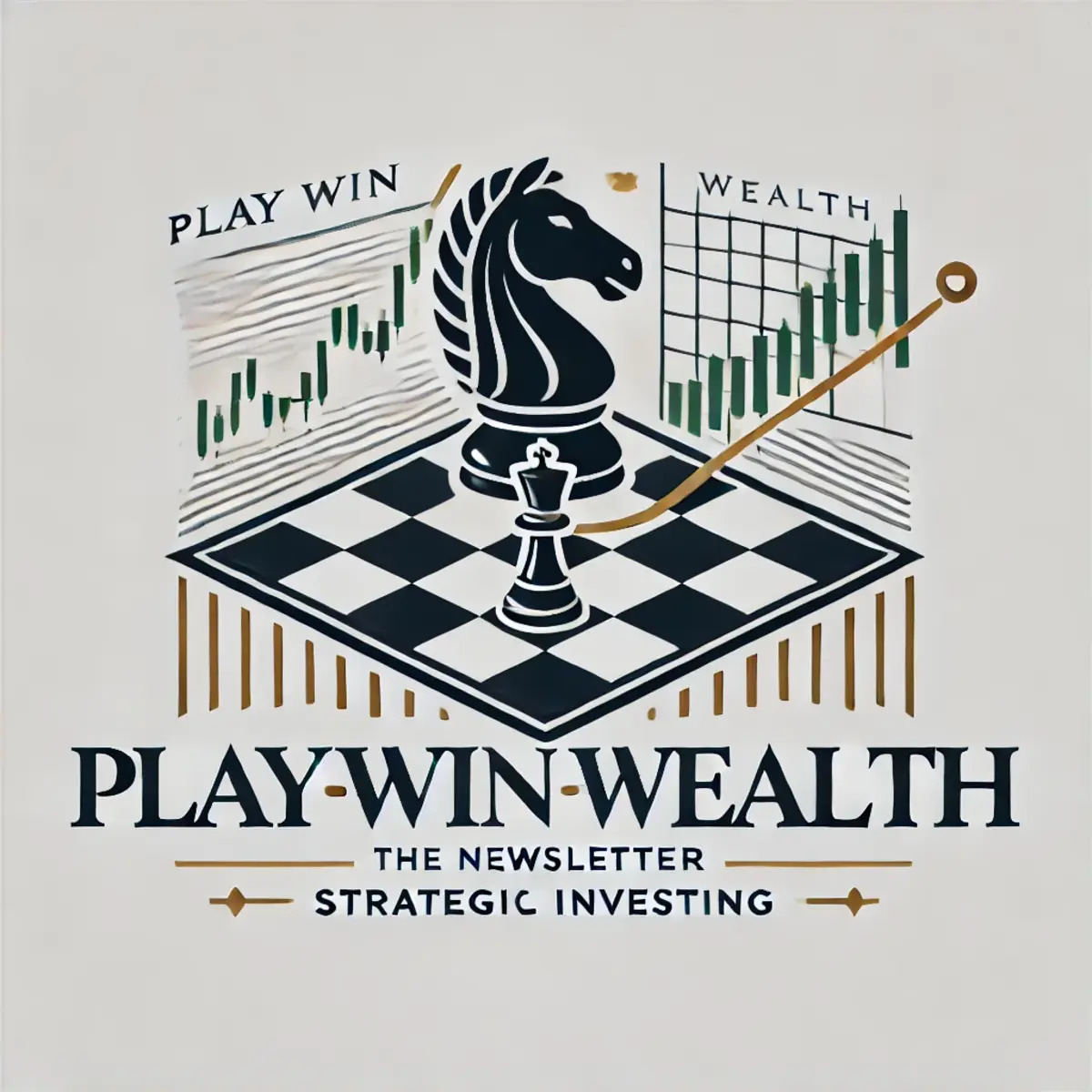What’s Working for Me
Last week I mentioned that I may have found a real estate strategy that can outperform the S&P 500 — while still giving me cash flow today.
I love the idea of buying businesses, but the skills gap is real. That won’t be solved overnight. Real estate, though, fits me like a glove:
I understand the business model
It’s more passive than running a company
I already have experience
And my natural talents help me mitigate risk
So this week, let’s dig in.
The Role of Debt
If you want to outperform the market, there are only a few ways to do it:
Be smarter than everyone else.
Get access to opportunities others don’t.
Or juice your bets with leverage.
For most of us, #1 and #2 are tough to count on. That leaves leverage.
Now, if you grew up like me, you probably heard debt was bad. And it is — if you’re using it to buy liabilities. Cars, toys, lifestyle inflation. That kind of debt digs a hole.
But when you use debt to buy assets, it’s a different ballgame. The right kind of leverage can tilt the playing field in your favor.
Why I Don’t Use Debt in Stocks
It’s tempting to try to juice returns by borrowing. And some people do it in the stock market through margin loans. But I won’t touch it.
Why? Because stocks are inherently volatile.
If you borrow against your portfolio and the market drops 50% — which it does every so often — you’re underwater. Unless you can inject more equity (most people can’t), you’re forced to sell at a loss just to cover your debts.
No thank you.
Why I Do Use Debt in Real Estate
Real estate is different. The income stream from rent makes debt far less risky. With one down payment, you get:
The property’s appreciation
Monthly cash flow after debt service
Equity paydown, courtesy of your tenants
That’s three engines of return, all fueled by leverage.
In year one, it’s easy to model returns of 20%+ ROI on your invested capital (down payment + closing costs + repairs) in the right deals.
The catch?
If you simply buy and hold, your returns will gradually settle toward the property’s underlying cap rate. On a long-term annualized basis, that usually means the S&P 500 comes out ahead.
So where’s the edge?
The Key: Equity Recycling
The answer is equity recycling — refinancing properties to pull out capital and redeploy it into new deals.
The cash you pull out is tax-free
You keep your equity light (boosting ROI)
And you snowball faster into owning more doors
But yes, there’s a tradeoff: frequent refinancing means lower cash flow and higher leverage.
That’s why I think about real estate in two stages.
Two-Stage Strategy
Stage 1: Growth
Use more debt
Refinance often
Accumulate as many properties as possible
Stage 2: Deleveraging
Stop acquiring
Pay down loans
Sell weaker properties to strengthen the rest
This way you get the best of both worlds: growth while you’re young and risk-tolerant, stability and cash flow later.
Deals in the Making
Negotiations on the triplex fell through. But my offer on a single-family rental was accepted — pending inspection.
On another front, some colleagues and I are reviewing a tech startup raising a Series A. I haven’t decided if it’s worth investing yet, but it’s something I’m looking into.
If you’d like access to deals I find worthwhile, make sure you’re signed up for my deal list.
Bottom Line
Beating the market isn’t always about swinging for the fences. It’s about controlling risk while amplifying returns. Real estate lets me do that — as long as I use leverage wisely and know when to shift gears.
Happy investing,
—Dakota
This Week’s Affiliates
Swap, Bridge, and Track Tokens Across 14+ Chains
Uniswap web app lets you swap thousands of tokens safely, in seconds. Open‑source, audited code and real‑time token warnings help keep you safe.
Big investors are buying this “unlisted” stock
When the founder who sold his last company to Zillow for $120M starts a new venture, people notice. That’s why the same VCs who backed Uber, Venmo, and eBay also invested in Pacaso.
Disrupting the real estate industry once again, Pacaso’s streamlined platform offers co-ownership of premier properties, revamping the $1.3T vacation home market.
And it works. By handing keys to 2,000+ happy homeowners, Pacaso has already made $110M+ in gross profits in their operating history.
Now, after 41% YoY gross profit growth last year alone, they recently reserved the Nasdaq ticker PCSO.
Paid advertisement for Pacaso’s Regulation A offering. Read the offering circular at invest.pacaso.com. Reserving a ticker symbol is not a guarantee that the company will go public. Listing on the NASDAQ is subject to approvals.




